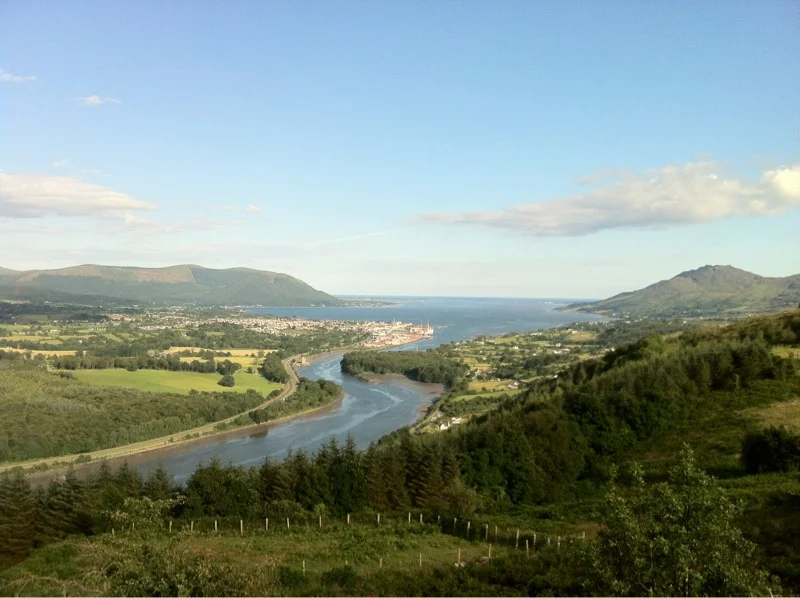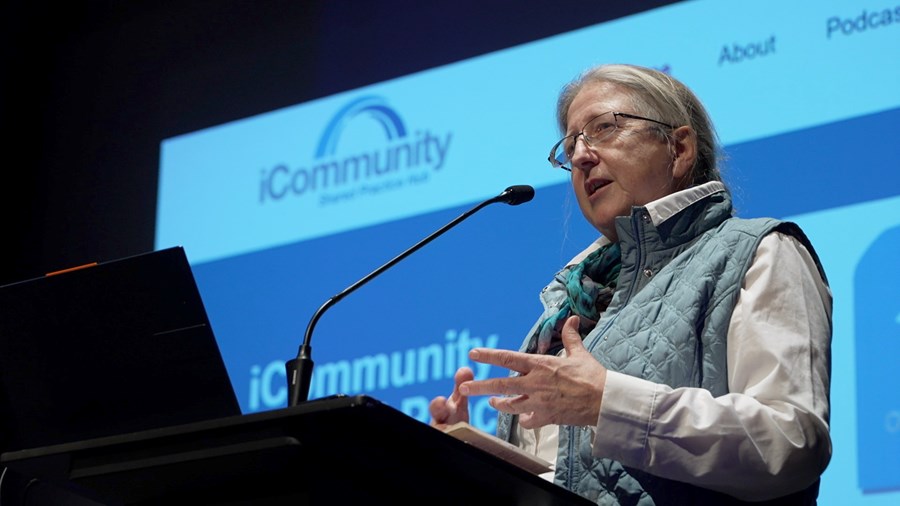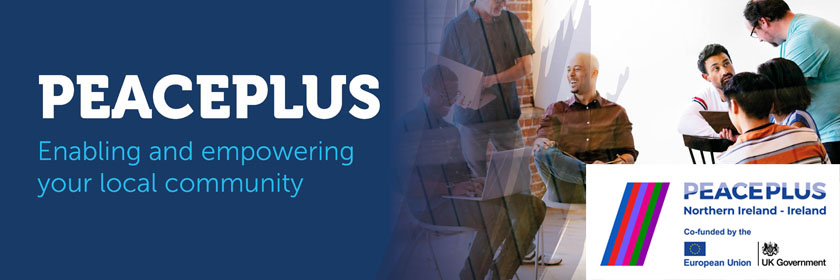Talking the Past into Our Future

(This article was first published on The Shifting Tides)
History is oral or at least historically it was. Oral traditions are a large part of the foundation of historical understanding. Socrates didn’t write anything down. His student, Plato, recorded his dialogues. Greek historians Herodotus and Thucydides made extensive use of oral witness testimonies in their work.
The collection of oral histories has been, for some time, well-integrated into historical research and has helped popularise historical studies. With the advent of new technologies, it has become so much easier to capture, verbatim, the recollections and experiences of people who have lived through whatever historical event might be under consideration. And the importance of oral history within the development of disciplines like anthropology, sociology, folklore, journalism and art cannot be overstated. It is the voice of the people telling their own stories. Importantly for me (and Upstate Theatre Project who I work for) it is also performance.
The act of telling one’s own story is performance. The act of telling any story is performance. This is, of course, well understood in the arts. Dublin-based theatre company Anu’s award-winning immersive productions rely heavily on oral testimonies not only to illuminate the human story but often to find real human characters that can channel the imagination and give history its human soul.
Collecting oral histories from the local communities of Carlingford Lough is an integral part of the Shifting Tides project. Such oral testimony will be integrated into a range of performances throughout the project’s evolution, starting with Samuel Arnold Keane and Danae Wollen who majestically weave them together with their poetry of sound, vision, and dance for their performance ‘Where Seaweed Dances’.
The Shifting Tides Project has at its core a participatory ethos in both the arts and citizen science. This ethos shares important parallel’s with, and is enhanced by, the collection of oral histories. American historian Donald Ritchie wrote in his book, Doing Oral History, that “Oral history has room for both the academic and the layperson.” With a little training (which will be offered to community members as part of Shifting Tides), anyone can conduct a useful oral history collecting session. Communities around Carlingford Lough can participate in mapping their own lived experiences and collective knowledge over the coming months by contributing to local heritage groups and to the Shifting Tides project.
Mapping is also a vital foundation for the team behind Shifting Tides. Alex McMaster (marine ecologist and writer) is leading the citizen science portion of the project, working with interested people around the Lough and mapping the shore and underwater ecosystems. Oral history collection is itself a form of citizen mapping, one which aids our understanding of past and present and informs our future, by gathering and preserving collective, local knowledge.
History is more than a mere reflection of the past. While the examination of bygone times is an integral aspect of oral history, it is crucial to recognize that history is an ongoing and dynamic process. It transcends the act of looking back and extends into the present and future. History unfolds continuously, whether it is manifested through the preservation of individual recollections, the documentation of scientific and environmental phenomena, or the artistic expressions founded in music, theatre, or dance. The creation and shaping of our collective stories persist in every moment. What we perceive as contemporary events today will become the historical tapestry of tomorrow. The intriguing paradox lies in the intersection of history and the future, where both realms collide and mutually influence each other, shaping our shared future.


